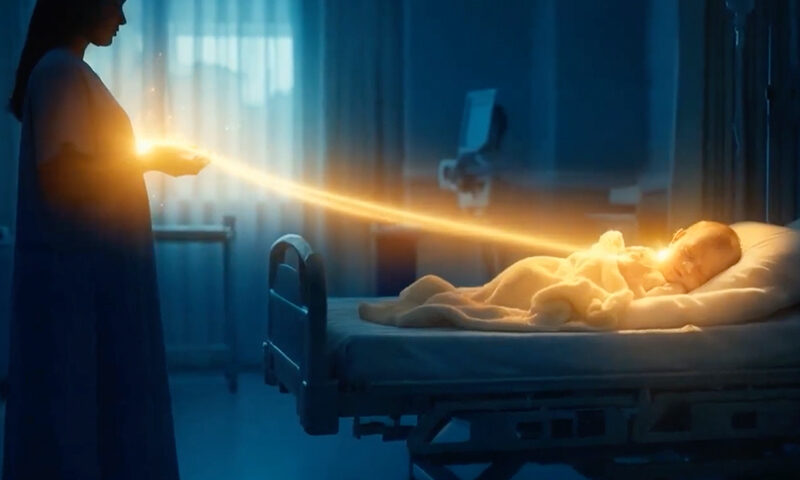Why The Hepatitis B Vaccine Must Be Givin at Birth
Administering the hepatitis B vaccine at birth is a cornerstone of global public-health strategy because it prevents a lifelong, incurable viral infection at the moment infants are most vulnerable and least likely to be diagnosed. The rationale is grounded in virology, epidemiology, and the unique biology of newborn immunity. Hepatitis B virus (HBV) is transmitted through blood and bodily fluids, and one of the most efficient routes of transmission is perinatal exposure from an infected mother during delivery.

